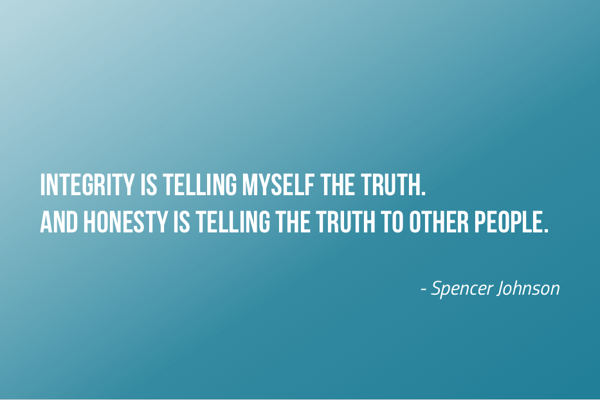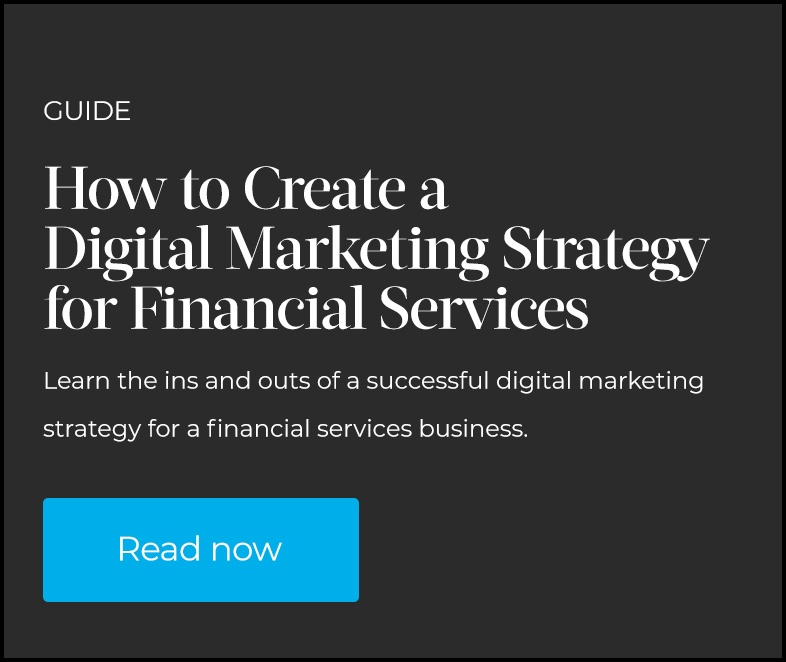If we were really honest we’d tell you, upfront, we need five things from you

My colleagues and I have, collectively, worked with several hundred clients, over more than a century of consulting hours. When the client / consulting firm partnership is at its best, it’s because it’s supported by a few strong foundations.
Conversely, on rare occasions, when things go wrong they often do so in predictable and preventable ways.
As a firm we’re increasingly looking at the patterns we see in all aspects of our work.
In this blog I’m sharing what we, and others like us, see as the underpinnings of smashing success in the client/agency relationship. They’re evident from the outset of most partnerships, and, when used skilfully by clients, help you get the most out of the relationship.
First, a note on intent
Typically, we want what you want: to deliver exceptional outcomes, to make you personally look good and, as we do this, to have a strong relationship that helps us deliver great work, on budget.
We have worked with exceptional clients who’ve helped us form a mental model of “a great client”. I’m deeply grateful to have learned more from these CEOs, CMOs and corporate affairs leads about consulting than anywhere else. These people helped me see a few clear patterns with other clients who consistently get in their own road: almost always unintentionally, unconsciously but still making it difficult to reach this shared “happy place” described above.
As a firm we're getting better at telling you, and all our potential clients, what these common patterns are, in order to smooth the way. Ideally, we’d actually give you a constructive guide to help both parties be at our best.
If we were braver and more honest with you, we'd tell you to take a specific approach to five key things.
These are senior access, level of disclosure, conversations about money, turnaround times and deadlines, and finally, the investment of your own time and patience.
I'm not saying you don't take the right approach already - I'm just saying that the better you get at these things, the better our work and relationship should be. Then, if we don't get it right for you, it's likely that responsibility sits with us, not you. There's always the force majeure clause of course (otherwise known as 'a meteorite hit us' or sh*t happens). But assuming no angry God actions... there are things you can do to help us help you.
As a firm we have a differentiating value called 'kind truth'. It's from Patrick Lencioni's 2002 book Five Dysfunctions of a Team, and made explicit in terms of consultant/client relationships in his 2006 book Naked Consulting.
So we believe it's far better, from the outset, for us both to know if we can’t achieve what’s needed in these five areas. It may mean not working together (good!), waiting until the right conditions are in place (we're busy anyway), or going into the relationship better understanding the challenges ahead (ok now we're excited!).
All these are far better options than finding out we can’t make it work as well as it should, down the track. By then you'll have spent valuable internal capital hiring us, a significant portion of your budget and a shedload of your time. And neither you nor we will be enjoying the work or the relationship.
The five things your PR agency needs from you (and why)
1. Senior access
We need this so we understand the strategy, in its purest form. Also, so we hear the full facts (see next point)... even the things the CEO won't even tell you, or her or his direct reports yet. And so that what we do is aligned to the CEO's leadership agenda. The best outcomes we've seen over years are those that flow directly from a CEO briefing, regular access and open conversations about even the most sensitive topics.
2. Full (or nearly full) disclosure
With all the information out on the table, we can plan accordingly. This might be as simple as sharing your strategy, as it went to the Board, or as complex as a re-telling of issues from previous management over decades. Risk management documents, issues logs, legal documents and other highly sensitive materials are shared by clients who want the best possible outcome from our senior advisory work. Without this, particular in issues and crisis management engagements, we're hamstrung. Sometimes more junior executives hold on to key information. This nearly always ends badly for our client, and stops firms like ours doing our best work.
3. Willingness to understand our pricing
High quality complex work is expensive
It's an unfortunate axiom of our work that time, quality and price are related. You can have two but not three, the thinking goes. And it's mostly true. A high quality complex piece of work is expensive to produce because it usually requires senior time, deep thinking and, often, peer review. But if all you need is 'good enough' we need to know that too, and we'll adjust accordingly. Both types of work are needed for successful long term client /PR relationships. So open conversations about which we are dealing with are helpful. Ultimately it's our job to let our clients know this, be brave about telling you what it will really cost, and make explicit the options so you can make good decisions about how to invest, and when not to.
4. Reasonable turnaround times
Sometimes, as PR and marketing firms, we make life hard for ourselves by giving clients deadlines that are not realistic given our other work in progress. There's a whole side of 'service orientation' that makes for good client relationships but poor commercial outcomes and more rushed work than is needed. On the flip side sometimes clients want low importance items quickly, and risk quality and strategic integrity in the process. Open conversations about when things are really needed help solve this.
5. Quality time & patience
From all accounts, appointing a new commercial partner of any kind can be painful. As one of our own consulting partners says "Life will get a little bit more difficult before it gets way better."
"Life will get a little bit more difficult before it gets way better."
This is for many reasons, but getting to know each other, learning about your business and establishing an effective cadence are just three of them. Then there’s legal paperwork, scoping (essential to prevent unpleasant surprises later) and helping us forge strong relationships of respect with your CEO and other internal stakeholders. All a short term pain for longer term gain.
So your time and patience are key.
When clients want relatively trivial things immediately, it interrupts our planned workflow, risks your more important goals and eventually damages the relationship.
Finally, we are experts at what we do, but we are also human. We receive and understand information in different ways, have different professional expertise and personalities. And sometimes, mistakes are made – even by the smartest, most experienced, nicest and hardest working people on the planet.
To get notified of our future blog posts, subscribe using the form on the right sidebar.











